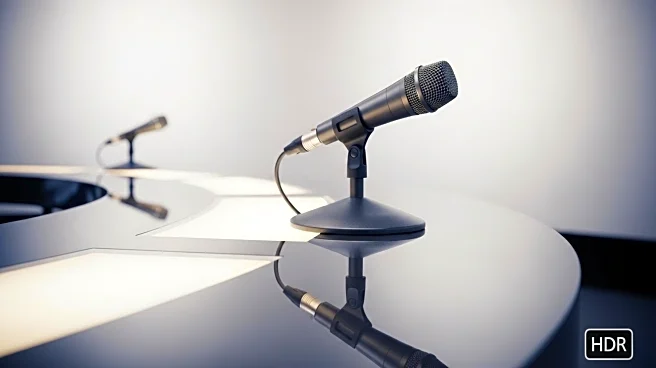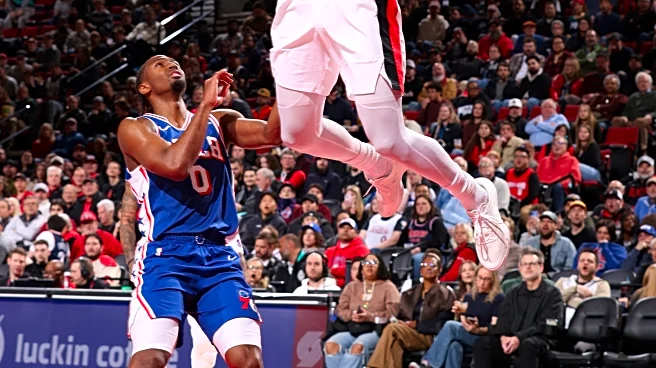What's Happening?
Speculation about President Trump's health spread online during Labor Day weekend, fueled by his absence from public view and images of bruises on his hands. The incident has prompted media outlets to reconsider how they cover the health of aging leaders. Trump dismissed the rumors as 'fake news' during a press conference, criticizing media credibility. The situation echoes previous concerns about President Biden's health, highlighting the challenges journalists face in balancing transparency and privacy when reporting on presidential health.
Why It's Important?
The incident underscores the media's role in shaping public perception of presidential health, especially amid widespread social media speculation. It highlights the ethical considerations journalists must navigate when reporting on sensitive health issues. The situation also reflects broader societal concerns about the health and capabilities of aging leaders, which can impact public confidence and political stability. As the media grapples with these challenges, the need for responsible and accurate reporting becomes increasingly critical.
What's Next?
Media outlets may need to develop clearer guidelines for covering presidential health, balancing transparency with privacy. The White House might provide more detailed information to address public concerns and speculation. This incident could prompt discussions on the ethical responsibilities of journalists and the impact of social media on public discourse.
Beyond the Headlines
The event raises questions about the ethical implications of media coverage of presidential health and the role of social media in shaping public perception. It highlights the need for responsible journalism and the importance of verifying information before dissemination. Long-term, this could lead to increased scrutiny of media practices and the development of more robust reporting standards.










